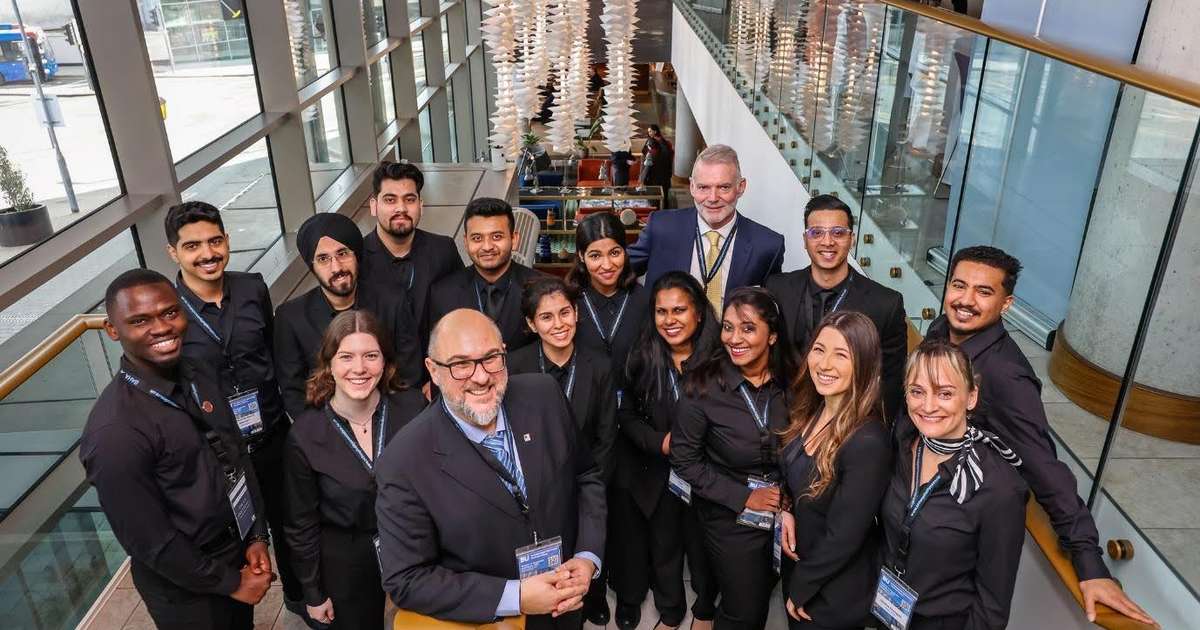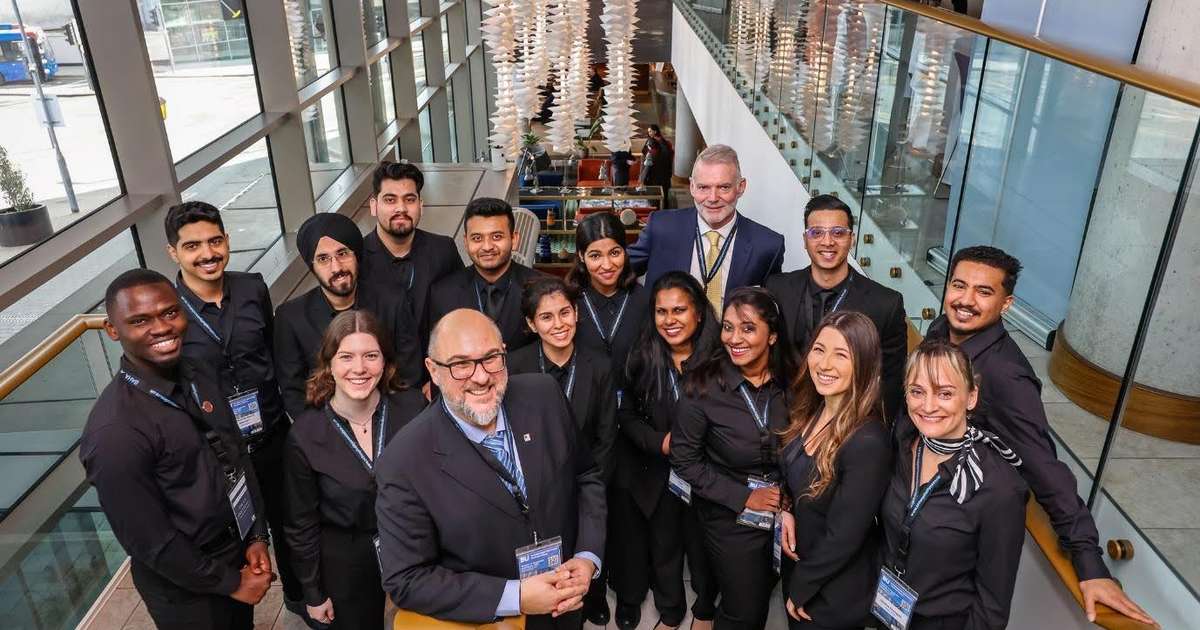
For much of the late twentieth century, hospitality education was a model of how academia could work hand in hand with industry. The UK led the world in creating postgraduate programmes that balanced academic rigour with real-world relevance, producing graduates equally at ease in boardrooms and hotel kitchens. These programmes nurtured qualities such as leadership, resilience, creativity, and good people management, essential to an industry built on human connection.
Today, that legacy is in decline. The cause is not lack of interest or relevance but two forces from within academia itself: managerialism and academic subject snobbery. Together, they are hollowing out hospitality’s distinctive educational identity and replacing it with a diluted form of generic management education.
The Corporate Creep of Higher Education
The university has become a corporation; the classroom, a balance sheet.
In many universities, managerialism has become the dominant ideology. It manifests through endless audits, dashboards, and performance targets. Universities now operate less like communities of useful learning and more like corporations obsessed with efficiency and measurable outputs. Success is judged through metrics such as publication counts, student satisfaction scores, and graduate salaries, rather than educational depth or social value.
For hospitality departments, this logic is devastating. The essence of hospitality management education that is focused on service excellence, leadership and experiential learning, resists quantification. Yet programmes are forced to conform to business-school models that reward scale and cost-cutting. On-the-job learning environments such as training restaurants, teaching hotels, and culinary labs are dismissed as ‘inefficient.’ In their place come lecture halls and online modules that mirror generic business degrees.
The result? Graduates who can analyse a balance sheet but struggle to truly connect with guests or understand their needs. In its pursuit of efficiency, managerialism strips hospitality education of the very human element that defines it.
Academic Snobbery: The Hidden Hierarchy of Knowledge
Hospitality remains the poor cousin of business education, practical, popular, but never quite respectable.
Alongside managerialism sits academic subject snobbery, a silent but persistent hierarchy within universities. Despite its global economic significance, hospitality is still viewed by many as vocational rather than intellectual. It is perceived as ‘soft,’ operational, and somehow less prestigious than fields like economics or finance.
This bias has real consequences. Funding, promotions, and recognition often flow toward those who publish theoretical work in high-ranking journals, regardless of industry relevance. Meanwhile, educators who engage in applied research, collaborate with hotels, or explore people management and operational related issues are marginalised.
Even worse, experienced professionals (e.g. those who have led hotels, restaurants, or resorts) are often excluded from academic leadership because they lack traditional research profiles. Their lived expertise, once the lifeblood of hospitality schools, is devalued in a system that prizes theory over practice. The academy, in its pursuit of prestige, forgets that hospitality is a craft as much as a science.
A Discipline in Identity Crisis
When managerial metrics meet academic elitism, the result is an identity vacuum. Hospitality programmes are absorbed into business schools, losing autonomy and distinctiveness. The field becomes homogenised, another sub-discipline of management, stripped of its cultural and experiential depth.
This drift has consequences far beyond academia. The hospitality industry faces enormous challenges: staff shortages, sustainability pressures, technological disruption, and wellbeing crises. Addressing these requires leaders who understand both people and profit, both empathy and efficiency. Yet universities increasingly produce graduates better suited to spreadsheets than to service excellence and leadership.
The tragedy is that hospitality, as both an industry and a philosophy, holds precisely the values that modern organisations need: emotional intelligence, inclusivity, resilience, and ethical care. Instead of treating hospitality as a lesser subject, higher education should be learning from it.
Reclaiming the Spirit of Hospitality Education
Hospitality education should not imitate business schools; business schools should learn to be more hospitable to people, ideas, and the very purpose of education itself.
Reversing this decline demands courage and imagination. Universities must rediscover what once made hotel schools and hospitality programmes exceptional: their integration of practice and theory, their interdisciplinary nature, and their humanistic vision of leadership.
That means restoring autonomy to hospitality departments, valuing practice-based research, and rebuilding live-learning spaces that connect classrooms to kitchens and front desks. It also means redefining academic excellence to include impact, creativity, and collaboration, not just citation metrics.
Most importantly, educators must re-embrace the moral and social dimensions of hospitality. To teach hospitality is not merely to train managers; it is to cultivate stewards of service, empathy, and community. These are not ‘soft skills’, they are strategic assets for a volatile, people-driven industry.
A Call to Action
The task ahead is not nostalgic but necessary. Reviving dedicated hotel schools, re-empowering hospitality academics, and honouring professional experience are acts of renewal, not regression. The future of hospitality education depends on rejecting the idea that practical knowledge is inferior to theoretical knowledge; the two can and should co-exist as equal partners.
If higher education is serious about producing resilient and capable leaders for one of the world’s largest industries, it must challenge both the bureaucracy of managerialism and the elitism of academic snobbery. Hospitality education should once again stand proudly on its own foundations, rooted in ethical leadership, service excellence and experiential learning.
Because when universities forget the meaning of hospitality, they don’t just fail their students. They fail the very principle of education itself.
Read the critical review paper here
Charalampos Giousmpasoglou
Principal Academic in HRM at Bournemouth University Business School
Bournemouth University
Please visit:
Our Sponsor
